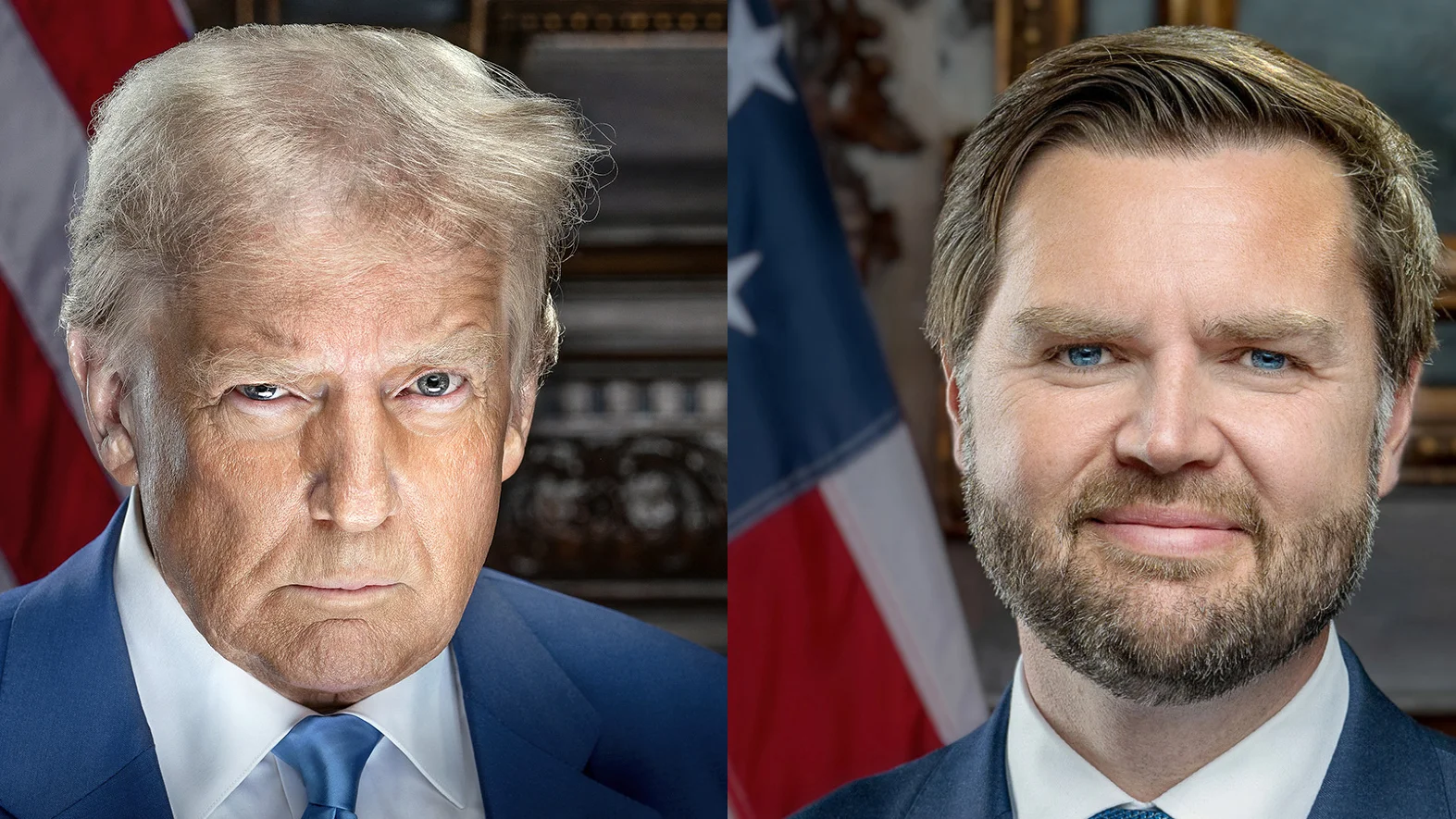The President of the United States has issued an executive order aimed at restoring trust in scientific research and its application in federal decision-making. The order highlights a decline in public confidence in science over the past five years, noting concerns about data falsification and reproducibility issues within the scientific community.
"Over the last 5 years, confidence that scientists act in the best interests of the public has fallen significantly," reads a statement from the President. The administration attributes part of this loss of trust to actions by federal agencies that have allegedly used or promoted misleading scientific information.
The order references several examples, including COVID-19 guidance from the Centers for Disease Control and Prevention (CDC) during a previous administration. It claims that edits by external organizations led to school closures despite evidence suggesting minimal risk to children. Additionally, it criticizes the National Marine Fisheries Service for using a "worst-case scenario" projection regarding North Atlantic right whales, which could have harmed Maine's lobster industry.
To address these issues, the executive order outlines measures to ensure federally funded research is "transparent, rigorous, and impactful." It calls for restoring scientific integrity policies from a prior administration and emphasizes practices such as data transparency and unbiased peer review.
"My Administration is committed to restoring a gold standard for science," states the President. The goal is to regain public faith in science by ensuring decisions are informed by credible evidence. The Office of Science and Technology Policy (OSTP) Director will issue guidance on implementing "Gold Standard Science," defined by criteria like reproducibility, transparency, interdisciplinary collaboration, and skepticism of findings.
Agencies are instructed to update their policies according to this guidance and report back on their progress. They must also adhere to rules regarding scientific misconduct and ensure transparent communication of uncertainties in data.
This directive applies broadly across federal agencies involved with scientific information generation or use. Each agency head is tasked with setting up processes to evaluate compliance with these new standards.
"Scientific integrity in the production and use of science by the Federal Government is critical," underscores the order. The administration seeks to foster an environment where open exchange of ideas is encouraged while protecting against misuse or misinterpretation of scientific data.
The President concludes by asserting that this initiative will enhance American leadership in technology through innovation driven by sound science.





